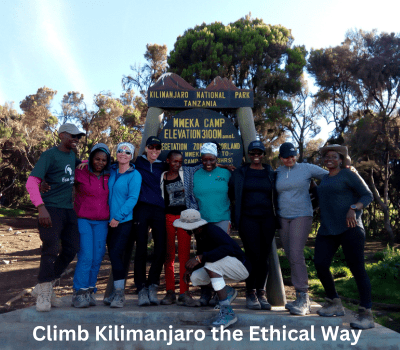Are There Legal Implications of Climbing Kilimanjaro Without a Guide?
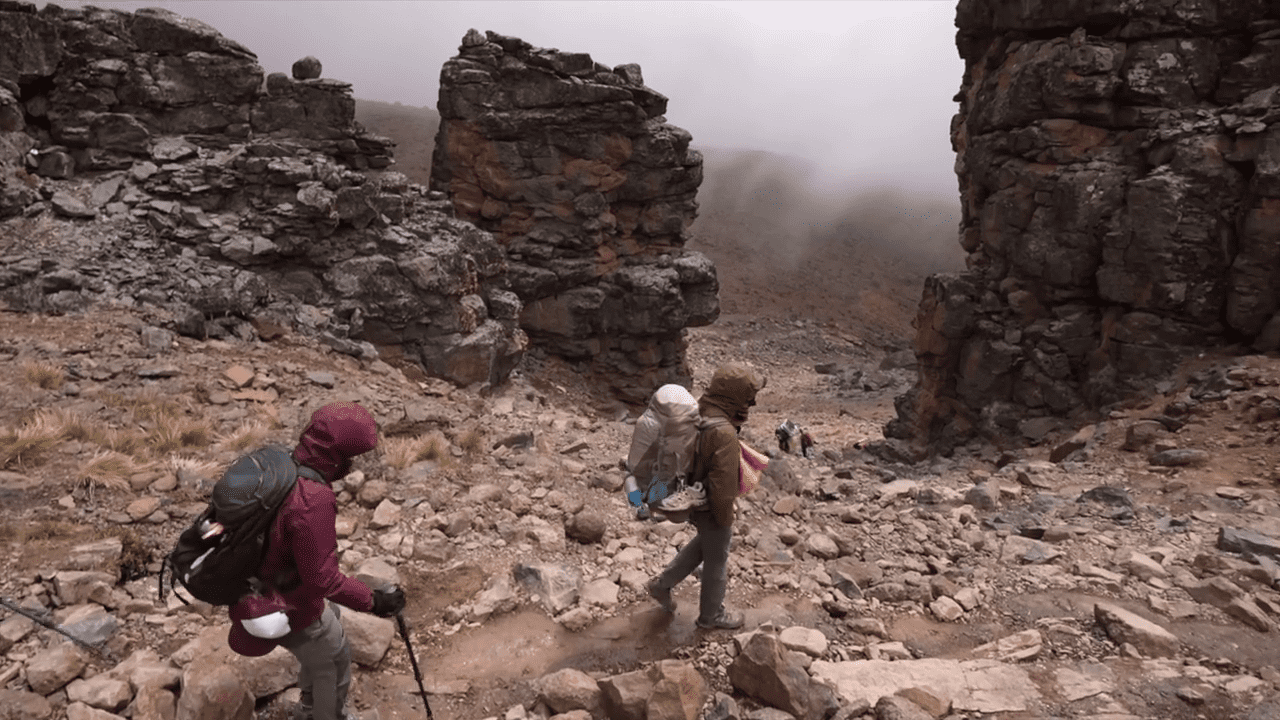
Introduction: Climbing Kilimanjaro – Freedom or Regulation?
Mount Kilimanjaro, Africa’s highest peak, draws tens of thousands of trekkers every year. While many dream of reaching the summit with a sense of personal freedom and triumph, few realize that climbing Kilimanjaro is tightly regulated by the Tanzanian government. One of the most common questions asked by adventurers is: “Can I climb Kilimanjaro without a guide?”
The short answer is no. Not only is it discouraged—it’s illegal. Tanzania has specific laws that make it mandatory for all climbers to be accompanied by a licensed guide. In this article, we’ll explore those legal requirements, what could happen if you attempt to bypass them, and why these laws are in place to protect both trekkers and the mountain itself.
The National Park Law: Why Guides Are Mandatory on Kilimanjaro
Kilimanjaro is not just a mountain—it’s a protected area. The entire mountain falls within Kilimanjaro National Park, managed by the Tanzania National Parks Authority (TANAPA). As such, all activities on the mountain are governed by Tanzanian conservation and tourism law.
TANAPA regulations clearly state that no one is permitted to climb Mount Kilimanjaro without a registered and licensed local guide. This rule applies to all routes, all climbers—regardless of experience, nationality, or intent. Whether you’re planning to take the Machame Route, Lemosho, Northern Circuit, or any other trail—you must register through a licensed tour operator and climb with a certified guide.
This is not a suggestion—it’s the law. Park rangers are stationed at every gate to verify credentials, permits, and guide assignments before allowing entry.
What the Law Says: Regulations from Tanzania National Parks Authority (TANAPA)
The regulations under TANAPA, in cooperation with the Ministry of Natural Resources and Tourism, outline several non-negotiable policies:
- All trekkers must book through a licensed operator registered with the Tanzania Tourist Board (TTB).
- Each group must have licensed guide, and in most cases, a full support crew including porters and cooks.
- Guides must have valid license , carry park-issued IDs, route permits, and health and safety equipment (like pulse oximeters and radios).
- Climbers without permits or guides will not be allowed to enter Kilimanjaro National Park.
You can verify the legitimacy of an operator through local tourism databases, or choose a trusted company like Eco-Africa Climbing, a fully licensed and KPAP-partnered outfitter based in Moshi.
What Happens If You Attempt to Climb Without a Guide?
If you show up at a Kilimanjaro gate without a guide or without booking through a certified operator, you will be immediately turned away. Rangers are trained to inspect permits, verify booking references, and cross-check your guide’s ID with official records.
Even if you somehow attempt to “sneak” onto the trail—which is nearly impossible due to checkpoint monitoring—you will be stopped during routine ranger patrols or when crossing campsites. TANAPA has strict surveillance policies to prevent unauthorized climbers from accessing the mountain.
These rules are designed not only to enforce safety but to support local employment, preserve the environment, and uphold Tanzania’s tourism standards.
Legal Consequences: Fines, Deportation, and Park Bans
Attempting to climb Kilimanjaro without a guide or in violation of TANAPA’s rules carries serious consequences:
- Fines: Tourists may be fined heavily for unauthorized entry or breaching park protocols.
- Deportation: Foreign visitors caught violating the law may face removal from the country.
- Blacklist from Parks: You may be barred from re-entering any national parks in Tanzania.
- Insurance Issues: Most travel insurers won’t cover unauthorized climbs, meaning you’re liable for all emergency costs.
In short, breaking the rules puts your health, finances, and future travel opportunities at risk. It’s simply not worth it. Climbing with a guide is not just a legal requirement—it’s the right thing to do.
Why Does the Government Require Guides on Kilimanjaro?
The guide mandate isn’t just a formality—it serves several vital purposes that enhance the experience and safety of everyone involved:
- Safety: At altitudes above 4,000 meters, risks like acute mountain sickness (AMS), hypothermia, and fatigue increase significantly. Certified guides monitor symptoms and are trained to respond with first aid or emergency evacuations.
- Environmental Protection: Kilimanjaro is a UNESCO World Heritage Site. Guides ensure trekkers stay on designated paths, practice Leave No Trace principles, and respect the fragile alpine ecosystem.
- Economic Support: The regulation creates sustainable income for thousands of local Tanzanians—guides, porters, chefs, and admin staff—ensuring tourism benefits the local economy.
- Cultural Integrity: Professional teams act as cultural ambassadors, helping climbers understand local customs and values while creating a respectful exchange.
In essence, climbing Kilimanjaro is more than a personal achievement—it’s a contribution to community, culture, and conservation. That’s the heart of what we do at Eco-Africa Climbing.
Why Climbing Alone Is a Safety Hazard
Even experienced mountaineers face unexpected challenges at altitude. On Kilimanjaro, the primary dangers include:
- Altitude Sickness – symptoms can escalate rapidly, even for fit climbers
- Dehydration and fatigue
- Disorientation due to fog, snow, or exhaustion
- Extreme weather swings—from blazing sun to freezing wind in minutes
Guides are trained in Wilderness First Responder (WFR) protocols, carry pulse oximeters, and use emergency oxygen when needed. We also have evacuation coordination, including helicopter rescue access.
Without a guide, you’re vulnerable to life-threatening risks—and you may not even realize it until it’s too late. That’s why all climbs must be guided by law.
How to Choose a Legal, Certified Tour Operator
To comply with Tanzanian law and climb Kilimanjaro safely and ethically, you must book through a licensed local company. Here’s what to look for:
- TTB License: Check for Tanzania Tourist Board certification
- KPAP Partner: Ensures ethical porter treatment and operational transparency
- First-Aid Trained Guides: Look for WFR or Red Cross credentials
- Responsive Communication: Operators should answer questions clearly, offer itineraries, and provide references
At Eco-Africa Climbing, we tick all the boxes—and go beyond. We offer women-only groups, carbon offsetting, and sustainability programs to ensure your trip leaves a positive impact.
Has Anyone Been Penalized for Attempting an Unauthorized Climb?
Yes. While most cases are caught at the gate, some foreign climbers have attempted to bypass regulations through bribery or off-route hiking. The consequences are serious:
- Immediate ejection from the mountain
- Heavy fines ranging from $500–$5,000 USD
- Police involvement and immigration notification
- Deportation and permanent park bans
TANAPA regularly publishes advisories warning of enforcement actions. In 2022, a small group of climbers was detained for attempting an unsupported ascent via an unregistered operator. The case made headlines locally and served as a cautionary tale for others.
Don’t let your dream climb turn into a legal nightmare. The path to the summit is clearer—and safer—when you go with a reputable guide.
Will My Insurance Cover an Unguided Climb?
In most cases, no. Travel and medical insurance providers require proof that your Kilimanjaro climb is conducted by a licensed and regulated outfitter. Unauthorized or illegal climbs typically violate the terms of your policy.
If you fall ill or get injured on an unsupported climb, your insurer may:
- Deny evacuation or emergency medical claims
- Refuse to cover costs for helicopter rescue or hospitalization
- Void all policy protections for trip interruption or delay
The cost of medical evacuation on Kilimanjaro can range from $3,500 to $5500 depending on altitude and location. Without coverage, you bear the full cost. Booking with an operator like Eco-Africa Climbing ensures your climb meets all insurance requirements.
Why Legal, Guided Climbs Matter to Local Communities
Climbing Kilimanjaro legally isn’t just about compliance—it’s about contribution. Every guided trek provides income and stability for local Tanzanians. Here’s how:
- Employment: Over 20,000 porters, guides, chefs, and logistics staff depend on regulated tourism
- Community Investment: Ethical operators like us support schools, healthcare, and environmental conservation
- Cultural Exchange: Certified guides offer education about Chagga and Maasai traditions
- Sustainability: KPAP-partnered operators help protect Kilimanjaro’s ecosystem for future generations
By climbing legally with Eco-Africa Climbing, your journey uplifts more than just your spirit—it strengthens communities and preserves Tanzania’s natural heritage.
What We’ve Seen Firsthand as a Local Kilimanjaro Operator
As a 100% Tanzanian-owned company based in Moshi, we at Eco-Africa Climbing have seen it all—summit triumphs, emotional victories, and unfortunately, people turned away at gates due to misinformation.
We’ve assisted climbers who thought they could “go it alone,” only to face denial of entry. We’ve handled rescues for unsupported hikers who collapsed due to altitude sickness. We’ve also witnessed the pride in porters receiving fair pay, safe conditions, and appreciation from clients who chose to climb the right way.
Our goal isn’t just to guide you—it’s to protect you, empower our crew, and show you the real beauty of Kilimanjaro, both on the trail and beyond it.
Are Any Parts of Kilimanjaro Accessible Without a Guide?
Technically, yes—certain base areas and day hikes outside the national park boundaries can be accessed independently. For example:
- Day hikes from Arusha or Moshi
- Local village walks near Marangu or Machame
- Scenic drives to Kilimanjaro viewpoints
However, once you step into Kilimanjaro National Park and begin ascending toward the summit, a licensed guide is mandatory. No exceptions. Even hikes to popular points like Mandara Hut or Shira Plateau require entry permits and supervision.
If you’re unsure whether your itinerary requires a guide, contact us for a free consultation. We’re happy to advise—even if you don’t book with us.
Conclusion: Climb Smart, Climb Safe, Climb Legal
Climbing Mount Kilimanjaro is a once-in-a-lifetime experience. But to ensure it’s memorable for the right reasons, it must be done the right way—legally, ethically, and safely. The Tanzanian government’s requirement for licensed guides isn’t a hurdle—it’s a safeguard for your health, the environment, and the livelihoods of local people.
At Eco-Africa Climbing, we’re proud to offer 100% legal, community-supporting, and summit-focused treks up Africa’s tallest mountain. Let’s take you to the top—on the right path.
Frequently Asked Questions (FAQs)
Is it really illegal to climb Kilimanjaro without a guide?
Yes. TANAPA regulations require every climber to be accompanied by a licensed guide through a certified tour operator.
What are the consequences of trying to climb alone?
Expect fines, removal from the park, and possible deportation. You may also be blacklisted from Tanzanian national parks in the future.
Can I hike the base or forest area without a guide?
Only areas outside the park boundaries are accessible without permits or guides. All park zones and summit routes require legal access with support staff.
How do I know if my guide is certified?
Ask for their park ID and TTB registration. Or book with Eco-Africa Climbing where all guides are KPAP-monitored and WFR-certified.
What’s the best way to plan a legal and ethical Kilimanjaro trek?
Start with a trusted operator. Check out our Booking Request Page or chat with our team for a custom, safe itinerary.
Book Your Legal and Ethical Kilimanjaro Adventure Today
Avoid the risks and climb the right way with Eco-Africa Climbing. We’ll handle the logistics, permits, gear, and safety—so you can focus on the journey to the summit.
Our most trusted summit routes include:
Let’s get you to the top—legally, safely, and ethically.
Share:
Related Posts
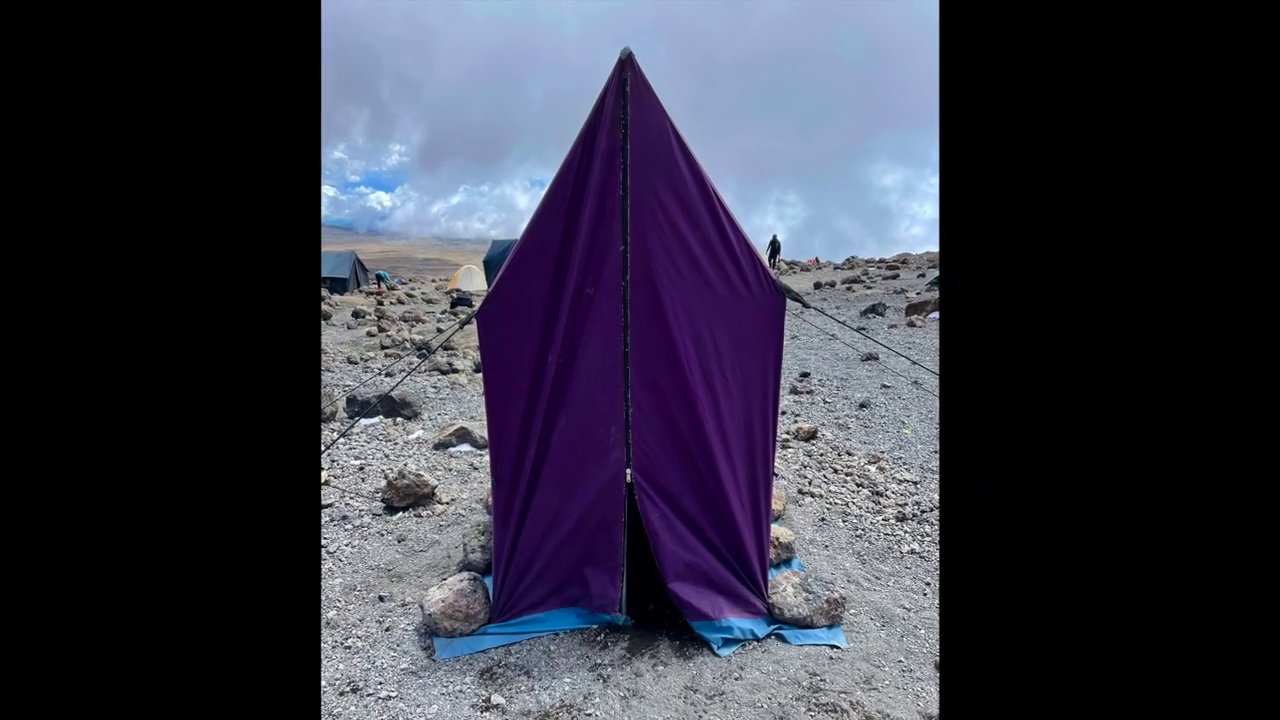
bathroom on mountain kilimanjaro
Bathroom on Mountain Kilimanjaro: What to Expect and How to Prepare Introduction One of the most common — and least discussed — questions from people
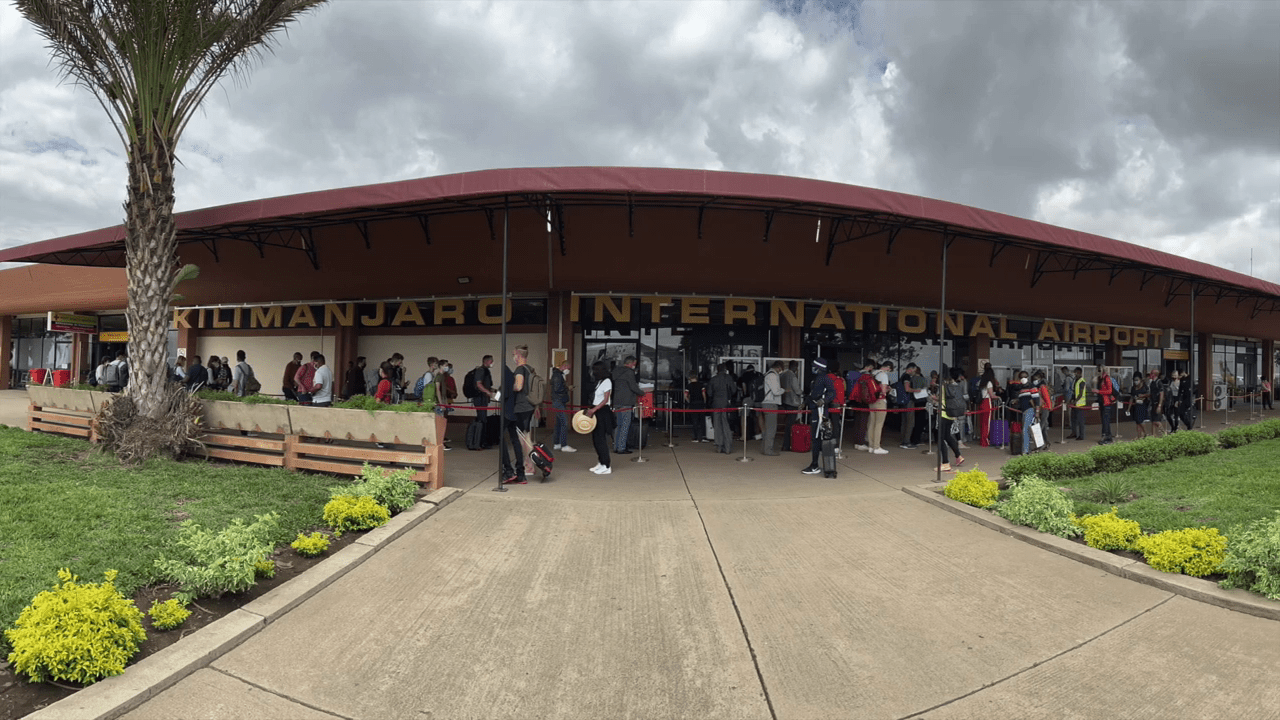
Are Guides Readily Available in Tanzania Without Prior Booking?
Are Guides Readily Available in Tanzania Without Prior Booking? Introduction: Should You Risk Climbing Without Pre-Booking? Climbing Mount Kilimanjaro is a dream for many adventurers.
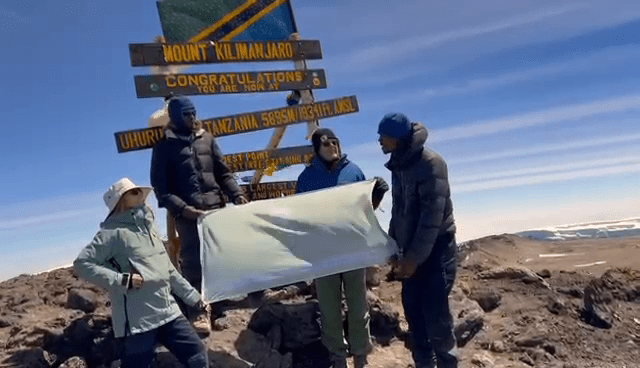
How Can I Find a Reliable Local Guide for My Kilimanjaro Expedition?
How Can I Find a Reliable Local Guide for My Kilimanjaro Expedition? Introduction: Why the Right Guide Is Key to Kilimanjaro Success Climbing Mount Kilimanjaro
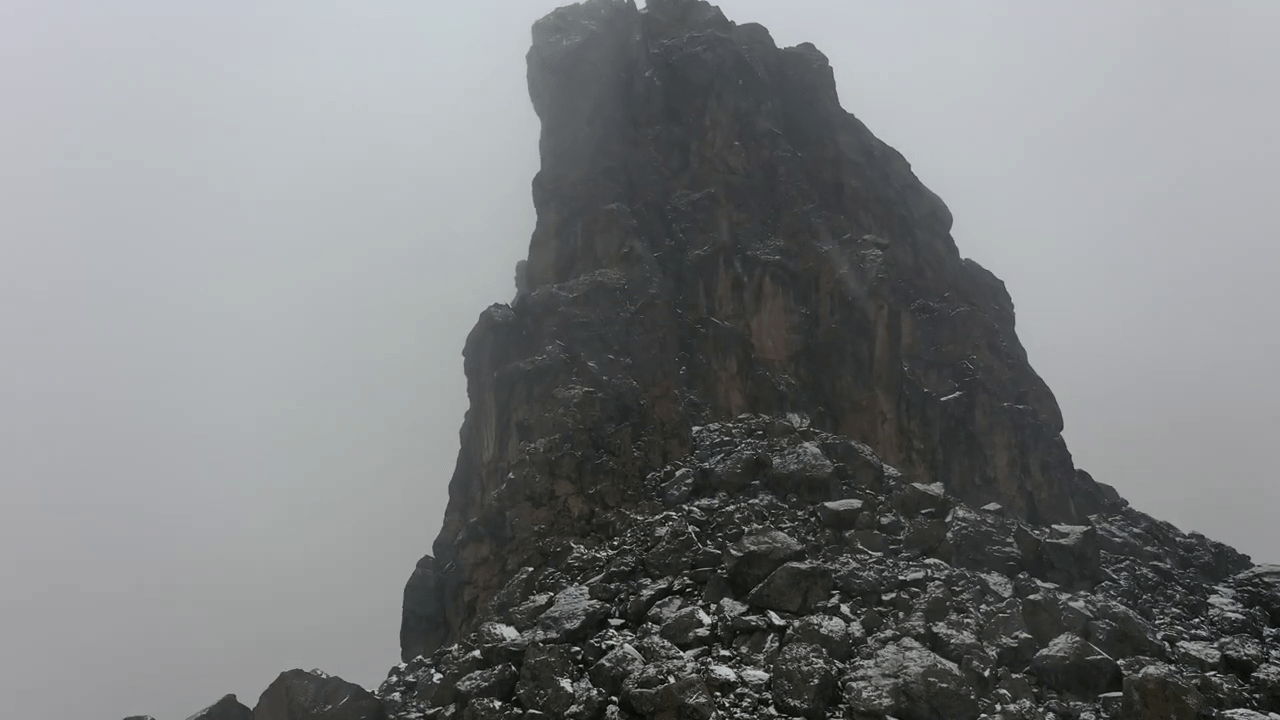
Is Climbing Kilimanjaro Dangerous for Individuals Without Mountaineering Experience?
Is Climbing Kilimanjaro Dangerous for Individuals Without Mountaineering Experience? Introduction: The Myth of Danger and Experience Many aspiring adventurers wonder if climbing Mount Kilimanjaro is
